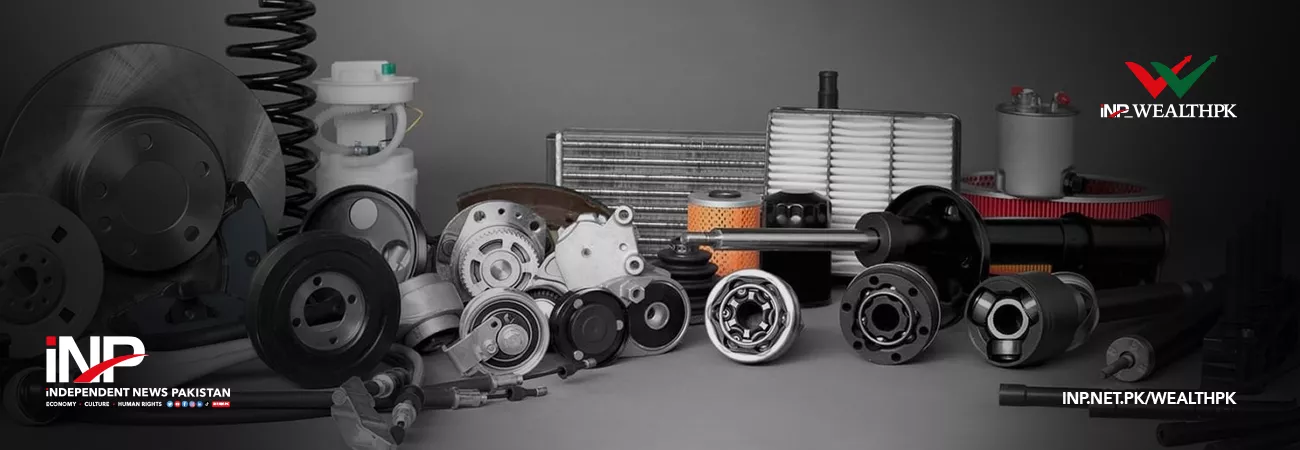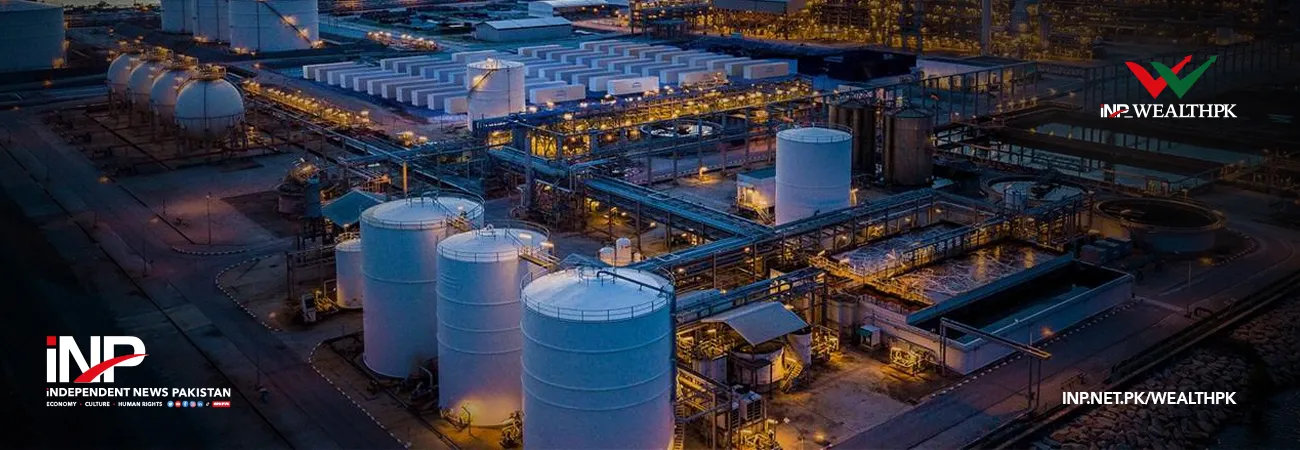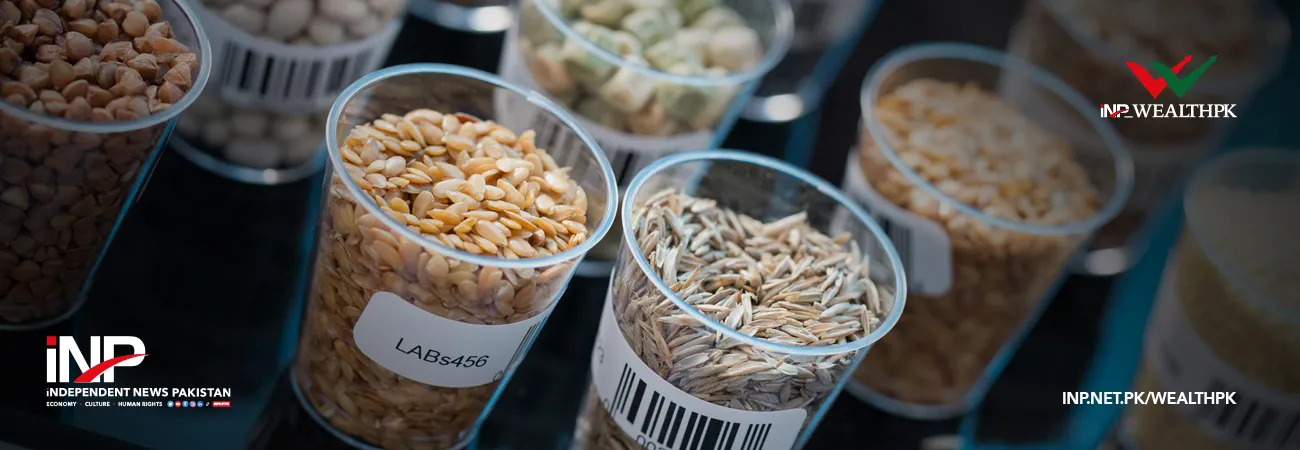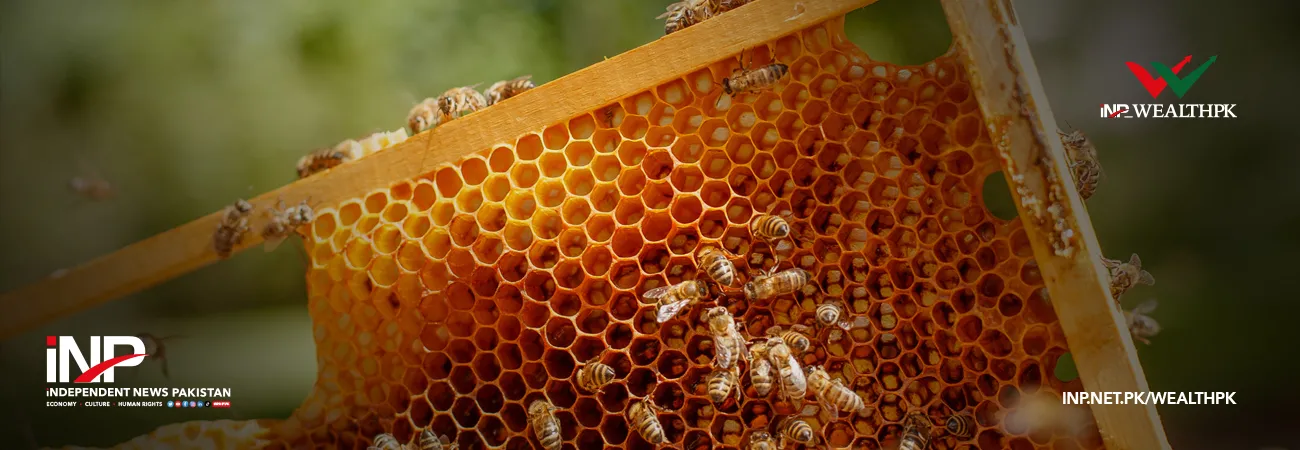INP-WealthPk
The recent heavy floods, hyperinflation, dollar’s unprecedented appreciation, import restrictions on auto parts, and political uncertainty have affected the local tractor parts industry, which is facing a massive drop in production during the current fiscal year. Munir Bana, Chairman Pakistan Association of Auto Parts and Accessories Manufacturers (PAAPAM), said at a meeting of the association that tractor parts manufacturers are deeply concerned about the major dip in tractor sales.
He said the tractor assemblers were struggling with the drop in their orders, and delay in refunds of sales tax running into billions of rupees. “This foggy scenario was considered most precarious by the 300 part-makers, who are dependent on the sales turnover of Millat Tractors and Al-Ghazi Tractors. Delays in payments and sharp decline in orders have left the parts industry in a bankruptcy situation, with no improvement in sight,” he said, according to a press statement.
The sales of tractors for the rice and cotton season have also not taken place in the southern region of Punjab and the entire Sindh province, which faced the brunt of massive floods in the country. Therefore, he said, sales of tractors during this financial year is expected to be around 20,000 units compared to 60,000 units sold last year.
The PAAPAM chairman was of the view that several steps would have to be taken by the assemblers and government to jump-start tractor sales, mainly long-term loans at low markup to farmers for procuring tractors, release of old sales tax refunds to assemblers to improve their liquidity and focus on export of tractors to Africa. “If these actions are not taken, the 300 engineering SMEs involved in tractor parts production will close down in a matter of months,” he apprehended.
Munir stated that the government’s latest policy of allowing duty-free imports of second-hand tractors would damage the tractor industry. The PAAPAM Senior Vice Chairman Usman Aslam Malik said the situation demanded that the government immediately takes stock of the problem to save the industry.
Credit : Independent News Pakistan-WealthPk













